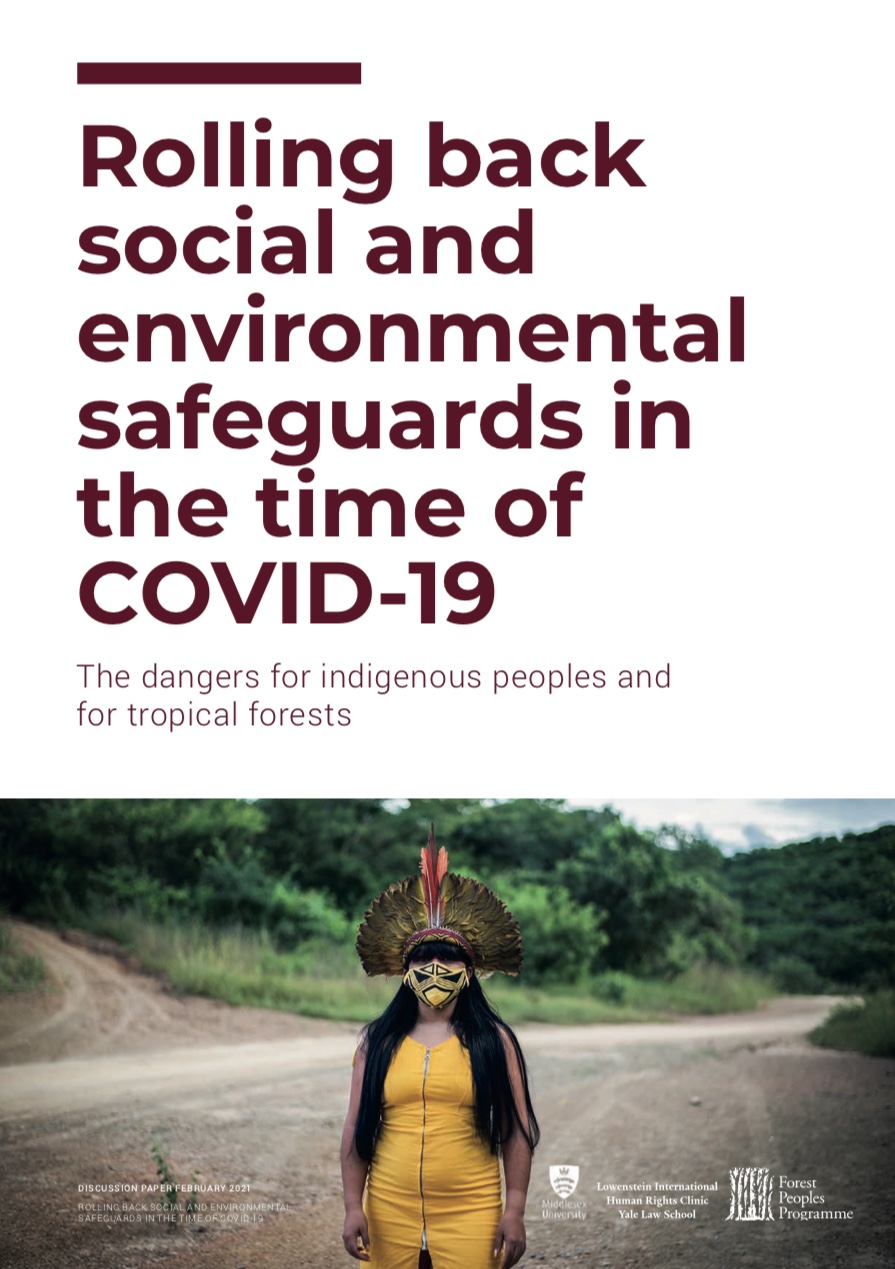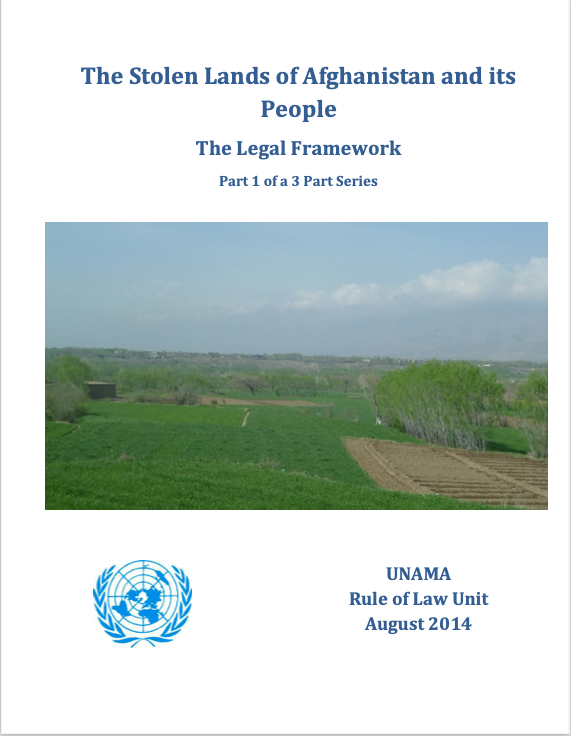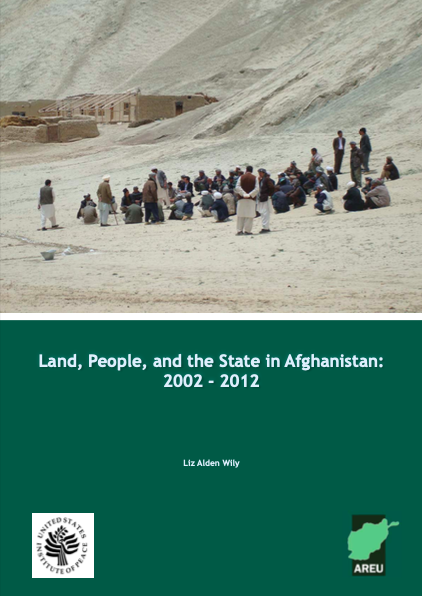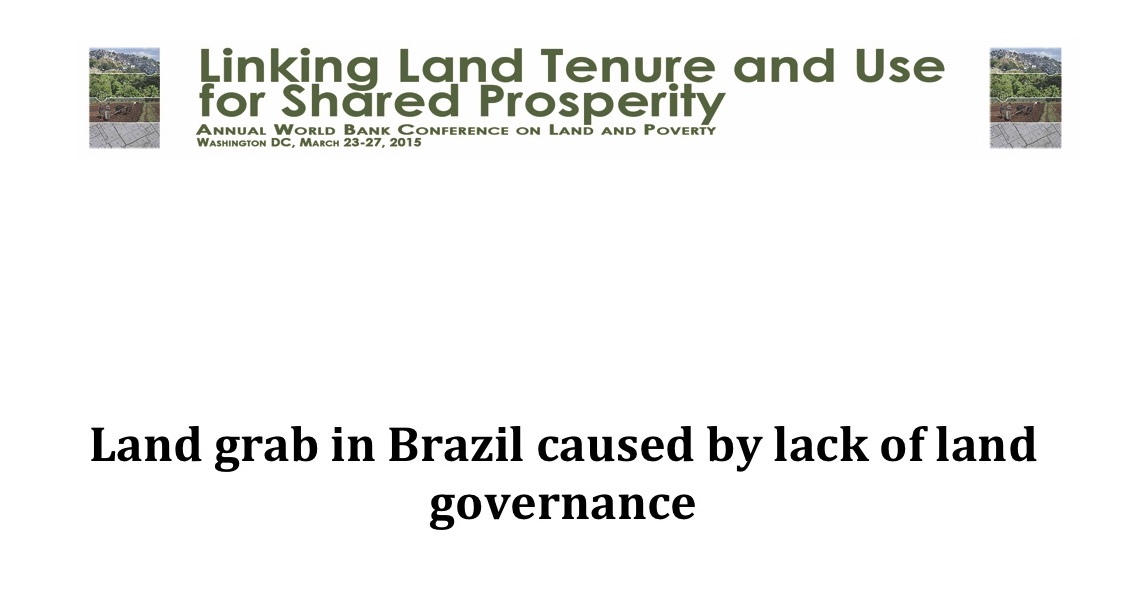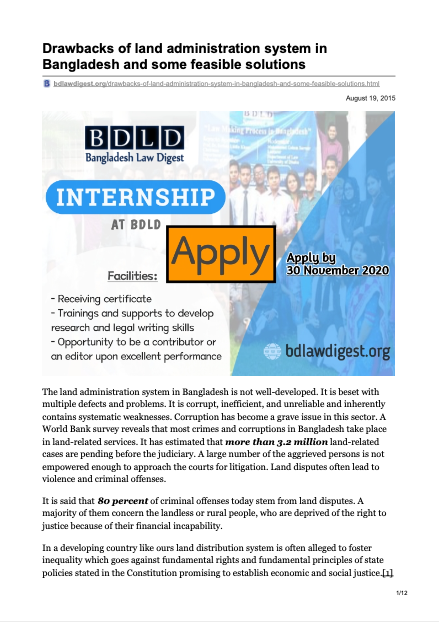Grey areas in green grabbing : subtle and indirect interconnections between climate change politics and land grabs and their implications for research
Climate change and green grabbing/resource grabbing together call for nuanced understanding of governance imperatives, and for constructing a knowledge base appropriate to political intervention. This paper offers preliminary ways in which interconnections can be seen and understood, and their implications for research and politics explored. It concludes by way of a preliminary discussion of the notion of ‘agrarian climate justice’ as a possible framework for formal governance or political activism relevant to tackling grey area interconnections.






